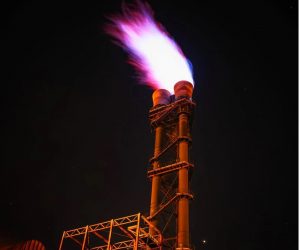Germany is preparing to provide a €67 billion ($67 billion) bailout to domestic energy companies that have suffered from the supply shortages produced by the reduction in gas flows from Russia, according to a report from the business daily Handelsblatt on Tuesday, citing anonymous sources.
The resources will be given to KfW, the German state-owned investment and development bank, so that it may provide guarantees and liquidity assistance to energy companies. The resources will be drawn from the WSF (Economic Stabilization Fund), which was created during the Covid-19 pandemic.
Government sources said, “In view of the price increases, forward-looking action by the federal government and KfW is required.”
EU gas prices have soared as sanctions imposed on Moscow over the war in Ukraine and technical problems with the Nord Stream 1 gas pipeline have limited Russian gas flows and produced panic in EU nations over raising the level of their vital reserve gas supplies going into winter.
EU leaders have attempted to impose plans to reduce gas consumption by 15% starting August 1st and ending at the end of March 2023. Member states are allowed to choose among specific measures for how to enact those reductions.
An internal government paper seen by Handelsblatt notes, “The Federal Ministry of Economics has received various applications for liquidity bridging from companies in the gas and energy supply sector, they are currently being examined. The volume of applications is in the low double-digit billions.”
Already Germany’s largest gas importer, Uniper, has requested government aid due to losses incurred as it tries to replace cheap the cheap Russian pipeline gas which has stopped flowing, with more expensive gas off the spot market.

